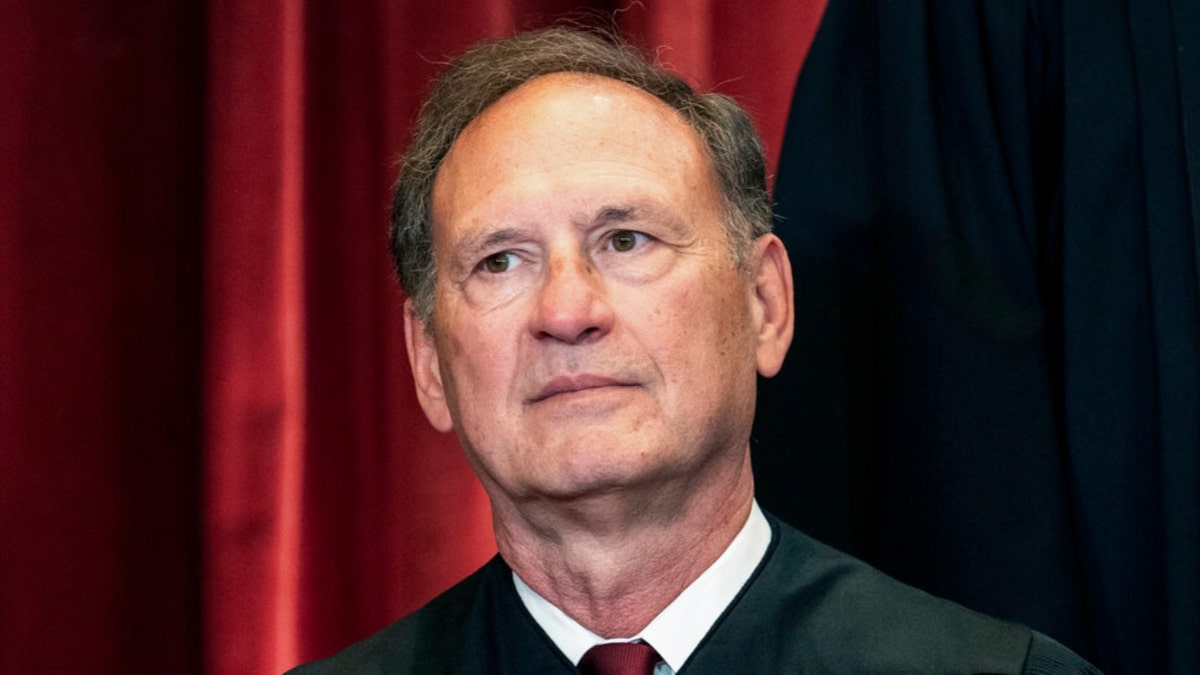Recent changes in the Supreme Court's composition have led to a distinct shift, often labeled as "conservative" by mainstream media. However, this characterization oversimplifies the Court's current judicial philosophy. As explored in the upcoming book, "The Politically Incorrect Guide to the Supreme Court," the Court's decisions are grounded in "originalism," not partisan politics. This approach focuses on interpreting the Constitution based on the original understanding of its text and structure at the time of its adoption.
This emphasis on originalism has significant implications across several key areas:
1. Separation of Powers
The Court's originalist approach has sparked renewed interest in the balance of power between the branches of government. There's a growing movement to re-establish the Founders' vision of federal separation of powers and curtail the expanding administrative state. The book delves into this shift, highlighting cases like West Virginia v. Environmental Protection Agency (2022), which exemplifies this trend. Reclaiming this constitutional principle could reshape how our society is governed, impacting issues ranging from public health mandates to economic regulations.
2. Individual Rights
Originalism has also reinforced the Court's focus on individual rights, especially the Second Amendment right to bear arms. The book examines landmark cases like District of Columbia v. Heller (2008), McDonald v. Chicago (2010), and New York State Rifle & Pistol Ass’n v. Bruen (2022), showcasing the evolution of the Court's interpretation of gun rights. The Court's stance in Bruen signals a commitment to treating the Second Amendment as a fundamental right, on par with other core liberties.
3. Abortion Rights
The originalist lens played a pivotal role in the Court's reassessment of abortion rights. The book dedicates several chapters to this complex issue, arguing that the Constitution does not explicitly guarantee a right to abortion. The Dobbs v. Jackson Women’s Health Organization (2022) decision overturned Roe v. Wade (1973) and Planned Parenthood v. Casey (1992), rejecting the previously established, broadly defined right to privacy as the foundation for abortion access. The Court's decision in Dobbs has drawn considerable criticism, including the unprecedented leak of Justice Alito's draft opinion, protests, and even threats against justices. The book analyzes the historical context and legal arguments underlying this controversial ruling.

The Court's commitment to originalism has faced significant opposition, including proposals to reshape its structure and impose new ethical guidelines. Despite these challenges, the Court remains steadfast in its approach. "The Politically Incorrect Guide to the Supreme Court" explores the Court's likely future trajectory and the weight it should give to past precedents that deviate from the Constitution's original meaning. The authors acknowledge the potential challenges ahead but express optimism that the Court's intellectual rigor and commitment to principle will ultimately prevail.










